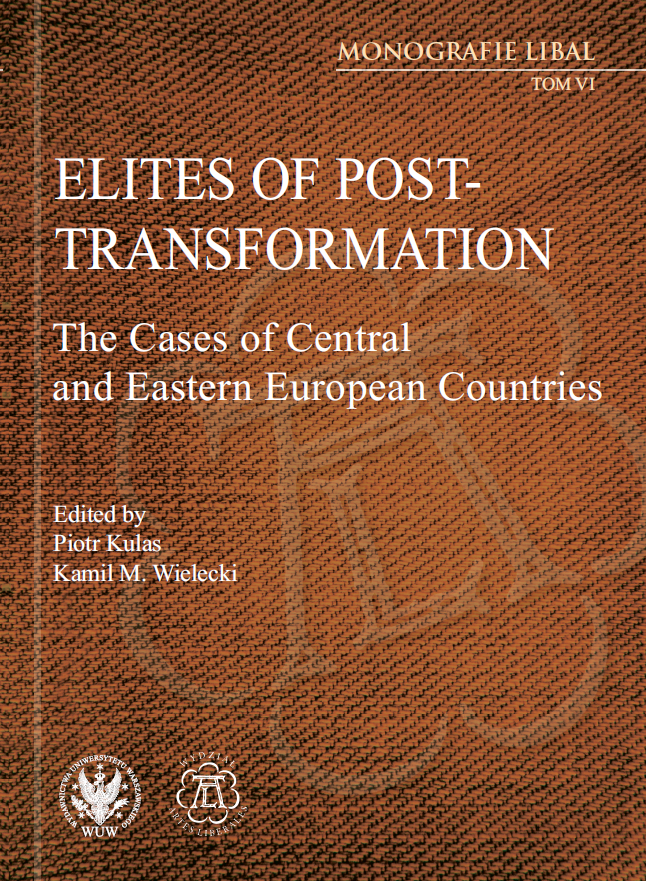ELITES AND THEIR SCHOOLS IN POST-COMMUNIST POLAND
ELITES AND THEIR SCHOOLS IN POST-COMMUNIST POLAND
Author(s): Alexandra Dunwill
Subject(s): Politics, Sociology, Security and defense
Published by: Wydawnictwa Uniwersytetu Warszawskiego
Keywords: education; elites; Poland; elite schools in Poland; educational transformation in Poland; elite education market; socio-political outlooks of elites; commercialisation of education
Summary/Abstract: Competing socio-historical forces in contemporary Poland are influencing elite formation and elite school education, resulting in the emergence of different types of schooling for the diverse elites. The emerging elite schools represent varying degrees of convergence of global and European identity, socialist heritage, and tradition. This chapter uses examples of school websites to illustrate that, while Polish elite schools’ abilities to produce individuals with future influence and power are undeniable, there are significant differences in the socio-political and socio-cultural outlooks that these schools have sought to foster. Their specific modes of operation indicate the manner in which they have hoped to influence students’ future loyalties and standpoints on various legal, political, moral, environmental, and social issues. Examination of the discourses of elite schools’ websites offers a distinct depth of insight into these schools’ ideological profiles and the discursive techniques they adopt to appeal to different types of elite clientele. This chapter demonstrates that elite schools differ according to the characteristics and outlooks of the elites that select and support them. The websites’ pertinent outlooks are analysed through the lens of four critical perspectives, which I call four angles of scrutiny: Globalisation, European integration, Socialist heritage, and Tradition. This novel theoretical approach and associated methodology expose post-communist elites’ and their schools’ differing ideological stances in the context of Poland’s specificity as a post-communist country. This contribution is a platform on which other researchers may build.
Book: Elites of Post-Transformation
- Page Range: 321-364
- Page Count: 44
- Publication Year: 2024
- Language: English
- Content File-PDF

